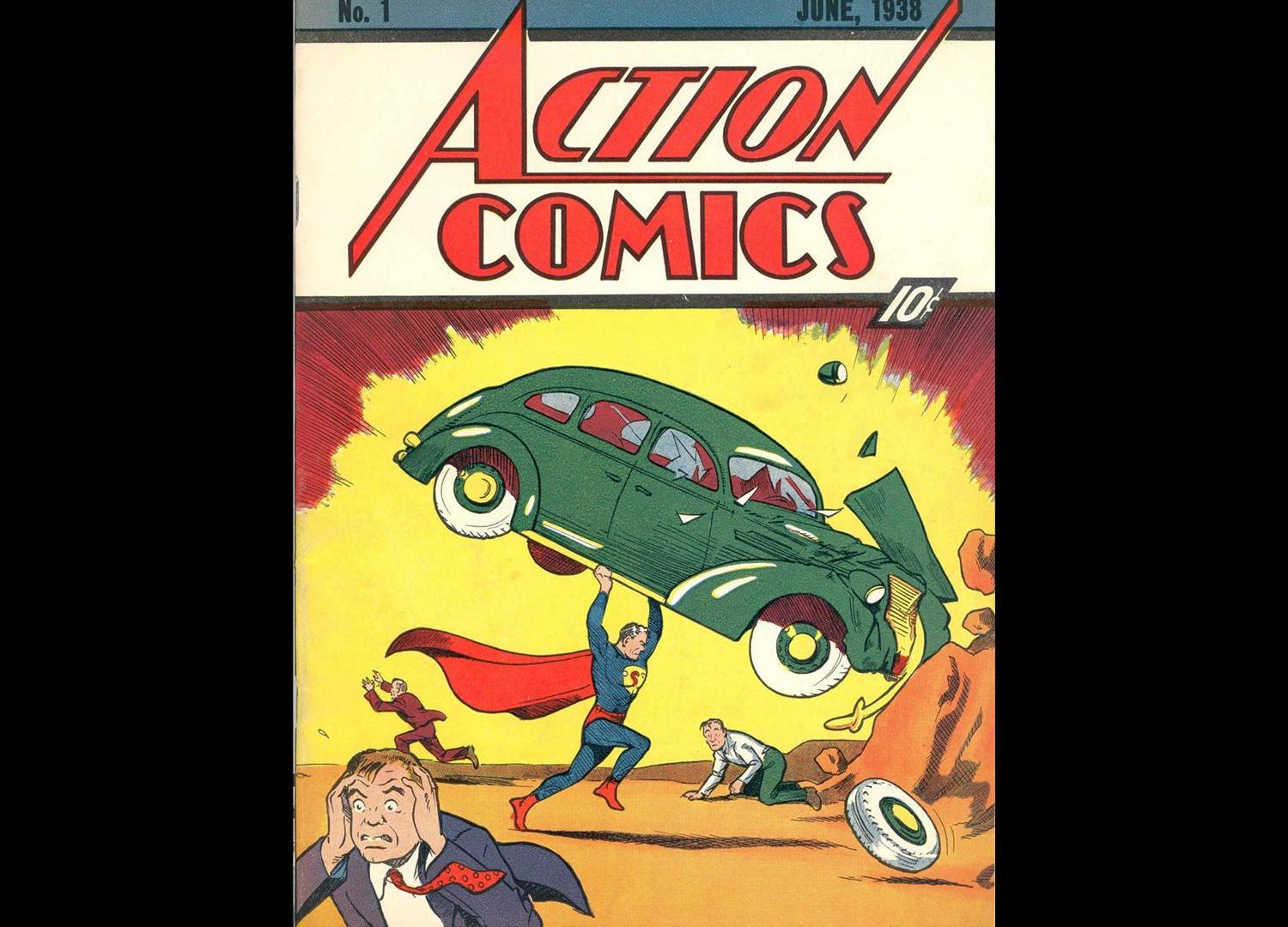Even before the latest Superman film premiered, it was already deemed controversial. A rather innocuous comment by director James Gunn referencing Superman’s backstory as an “immigrant that came from other places” was enough to spark a backlash among conservatives who called the movie “woke” and vowed to boycott it.
Why all the anger when this is indeed Superman’s origin story? He is sent to Earth as a refugee from a planet that is about to die.
Jerry Siegel and Joe Shuster, who created Superman in the 1930s, were both sons of Jewish immigrants to the United States and Canada, respectively. The two projected onto Clark Kent, Superman’s alter ego, their experiences, fears and longing as two shy young men of immigrant backgrounds who struggled to fit in. Like them, their hero does not quite feel he belongs – neither as Clark, who is timid and lacks the confidence to speak up or approach others, nor as Superman, who is feared by some for being an alien.
Growing up, reading the comics, I saw in Clark Kent someone I knew too well – a hesitant, modest man, shrinking himself to fit in. I saw myself. I too was an immigrant, and I too had had to leave my country before it started falling apart.
And so, I looked forward to seeing the new Superman film, hoping to see a return to the original premise. My children and I counted down to the premiere together, watching trailers and reading interviews. We went to see the film, and I felt a genuine sense of recognition. It was great to see the core of Superman’s story pushed to the fore once again.
But why did some see the immigrant backstory in Superman as a threat? As an attempt to make their favourite superhero “woke”?
Perhaps it has to do with the fact that for a long time, Superman was whitewashed into a pliant superhero who worked with and represented American power. How did it get to that?
When their creation became too popular, Siegel and Shuster lost control over it because their publisher decided to sideline them.
“Jack Liebowitz, the president of DC [Comics], sees that they can sell Superman pillowcases and pyjamas – but if Superman’s running around throwing people out of windows and threatening to wrap iron bars around their necks, it isn’t going to work,” Paul S Hirsch, author of Pulp Empire: A Secret History of Comic Book Imperialism, told the BBC.
The original Superman was a rebel. He was seen as a “socialist”, “anarchist” and even a “radical revolutionary”. On the comic book cover, he was described as a “champion of the oppressed”.
In one of his first adventures, Superman comes after a corrupt lobbyist and a weapons manufacturer who try to bribe a congressman into voting for US involvement in a foreign conflict.
This type of character didn’t serve the establishment. He challenged it. That is why it didn’t take long before those edges were sanded down. In the 1940s, Superman was enlisted, like other superheroes, in the propaganda war against the Axis powers. During the Cold War, he promoted American military prowess and values, eventually becoming a symbol of American empire, of power and hegemony – the very opposite of what his creators intended.
Superman had to be whitewashed not only to serve the government and the elites but also because his original character was dangerous. The story of a quiet, timid immigrant who finds in himself the power to rebel against injustice and oppression could inspire. And the political establishment do not want the marginalised to become Superman. They want them to be Clark Kent – shy, indecisive, weak, voiceless.
It is for the same exact reason that the government and the elites are coming after people of immigrant backgrounds who have found in themselves the strength to speak up and stand up.
People like Zohran Mamdani, the son of an Indian mother and Ugandan-Indian father who is running for mayor of New York while openly speaking up against injustice and corruption.
People like Rashida Tlaib and Ilhan Omar, two trailblazers for their immigrant communities who have been elected and re-elected to the US House of Representatives and who continue to be outspoken about issues that bother the powerful – Islamophobia, US war crimes and persecution of immigrants.
People like Mahmoud Khalil, a former Columbia University graduate student who risked his education to speak up for his people facing genocide in Gaza. Even his kidnapping and detention by the federal government did not force him into silence. Upon his release, Khalil continued to speak up for the Palestinian people.
The fear of the marginalised finding a voice and demanding their rights is also driving the US government’s mass anti-immigration campaign, the dismantling of equity, diversity and inclusion (DEI) programmes and the war on academic freedom, targeting fields of study that openly challenge power and empire.
The elites saw the mass mobilisation for Gaza – in the streets, on campuses, at ballot boxes – and became terrified. The scale and scope of this movement cutting across communities, races and religions was laying the ground for a mass mobilisation that could go beyond the immediate goal of stopping a genocide. It could stand up to injustice and corruption. It could come for them.
The elites see what happens when Clark Kent realises that he no longer wants to stay timid and invisible to blend in, that he wants to be Superman, the champion of the oppressed. They are not afraid of the marginalised, of refugees and immigrants. They are afraid of these people finding their voices and strength to demand their rights.
And that’s the sentiment the original Superman was supposed to inspire – not blind infatuation with American power, not misplaced pride in American values, but belief in one’s own power to speak up, to stand up and create change.
Source: Aljazeera

Leave a Reply